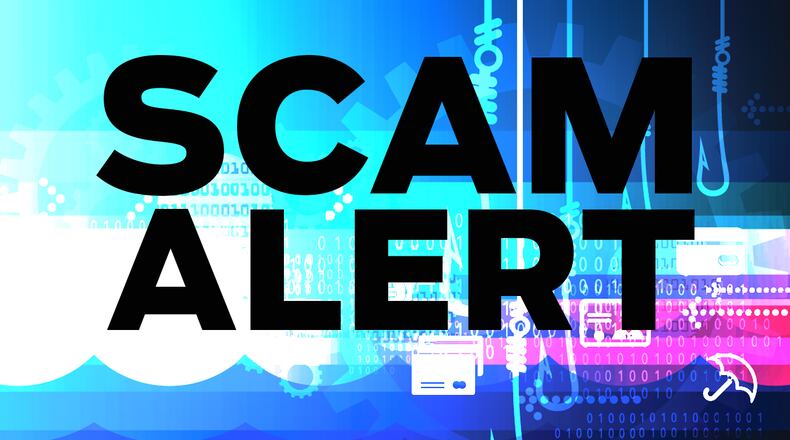Other scammers could pretend to be able to help consumers jump to the front of the line to get a vaccine, but ask for advanced payment to secure their place in line. These communications could come through email, phone call, postal mail, text message or even through social media accounts, a release said.
Other scams may involve cards that are distributed as a reminder to get the second dose of the vaccine. These cards are reminders and will not serve as “passports” to gain entry to public areas such as restaurants or bars, the release said. Purchasing a card is useless.
Within the first week of the COVID-19 lockdown in March, scammers started emailing, calling and texting Ohioans trying to steal their identity or money, according to data from Yost’s Constituent Services Section.
Some of those scams asked people to pay for advice on how to treat COVID-19, pay for access to care and to give personal information in order to get medication or prevent infection.
To date, Yost’s office has received 39 complaints of potential COVID-19-related scams, a release said.
The Ohio AG’s Office recommends several tips to help consumers avoid scams, such as verifying any vaccine information with a legitimate news report and double-checking anything that may be “too good to be true,” looking for red flags of a scam such as wiring money or sending gift cards to a stranger, being pressured to act immediately and pressure to keep a conversation a secret, the release said. A healthcare provider or anyone distributing a vaccine will not ask for your Social Security number or other personal information and it is unlikely you will need to pay out of pocket to get the vaccine, the release said.
If you have additional concerns, you can contact the statewide Ohio Department of Health’s COVID-19 call center (1-833-427-5634) to check on issues you are unsure about or contact your family doctor.
About the Author

